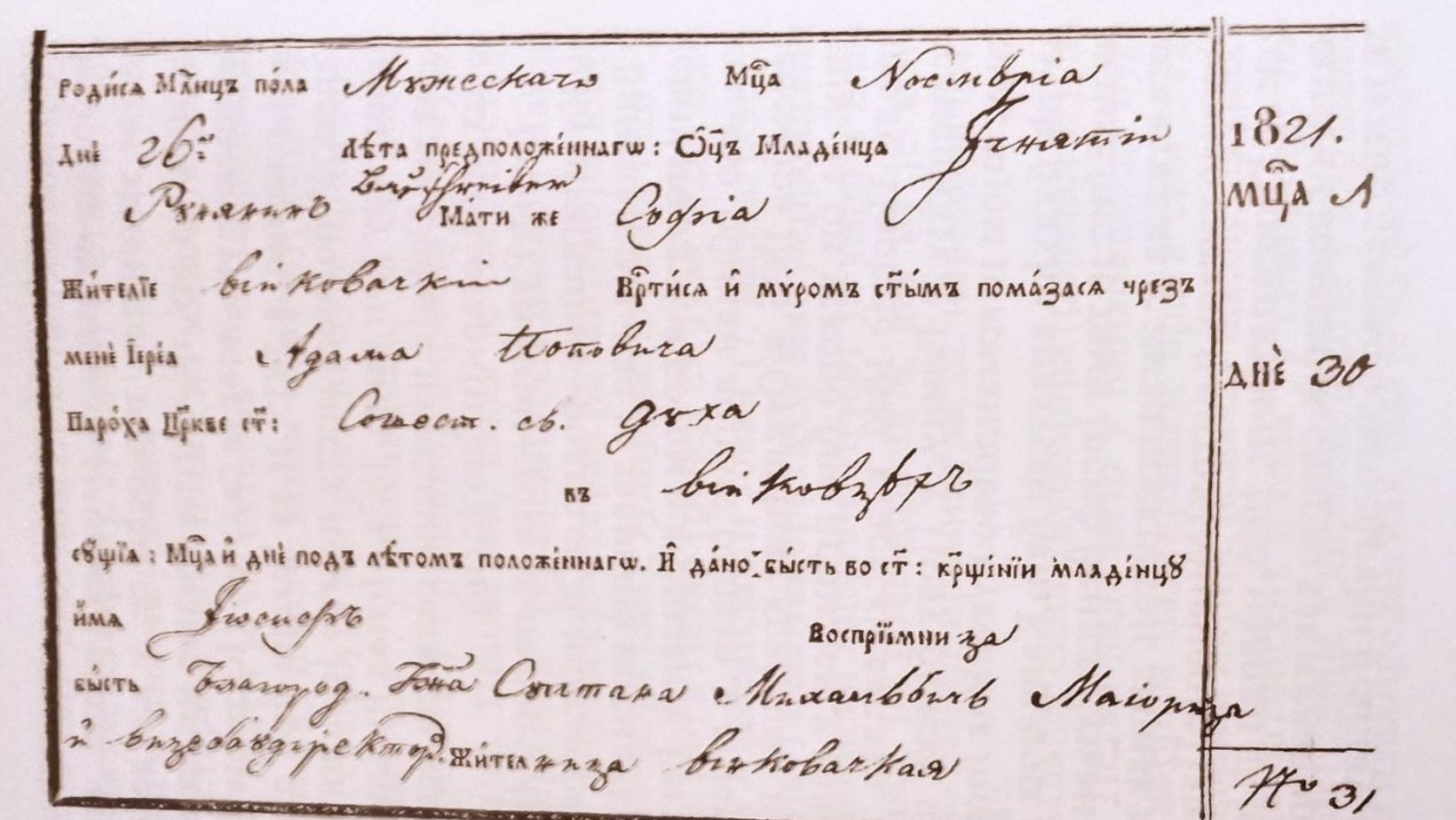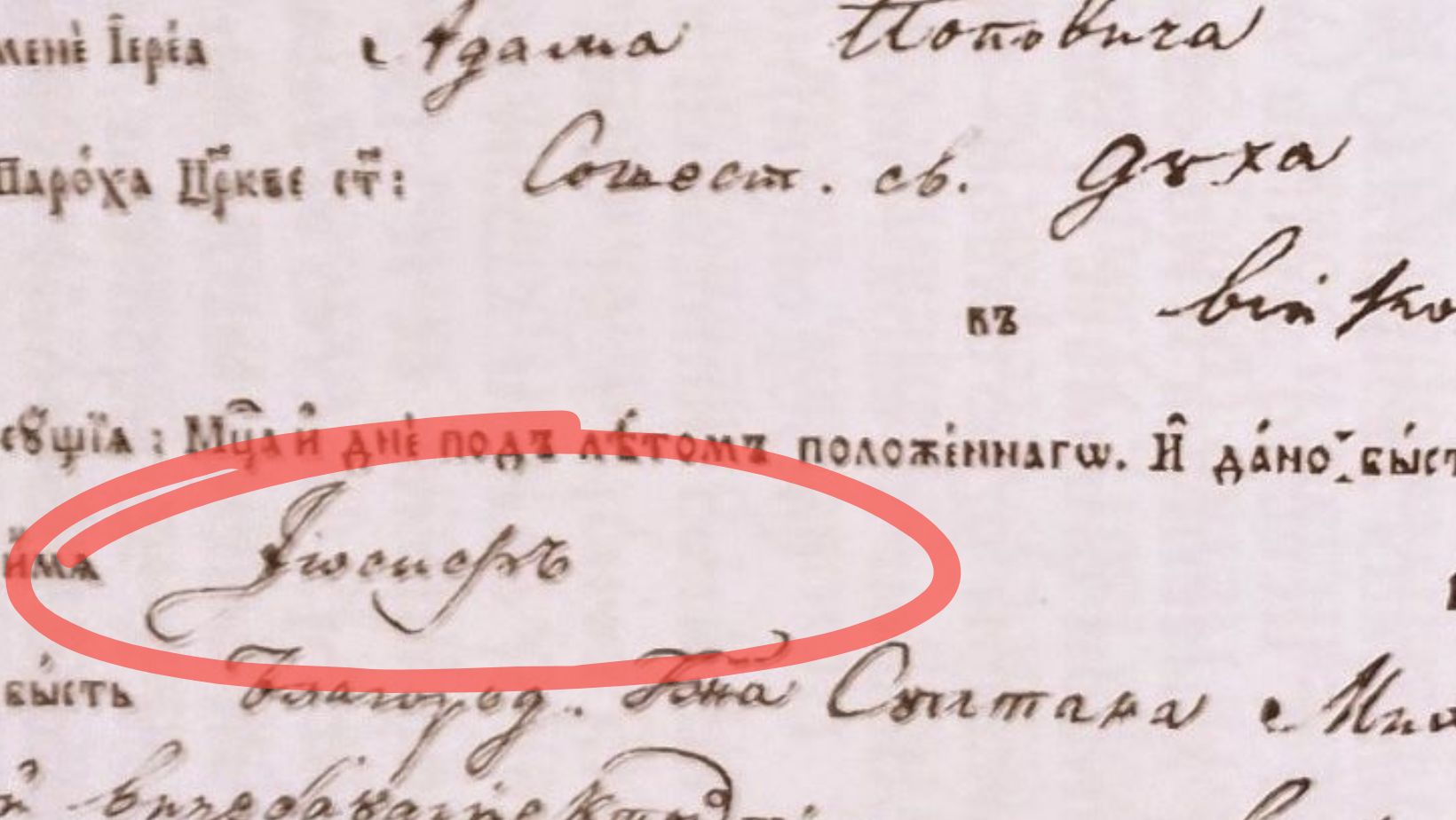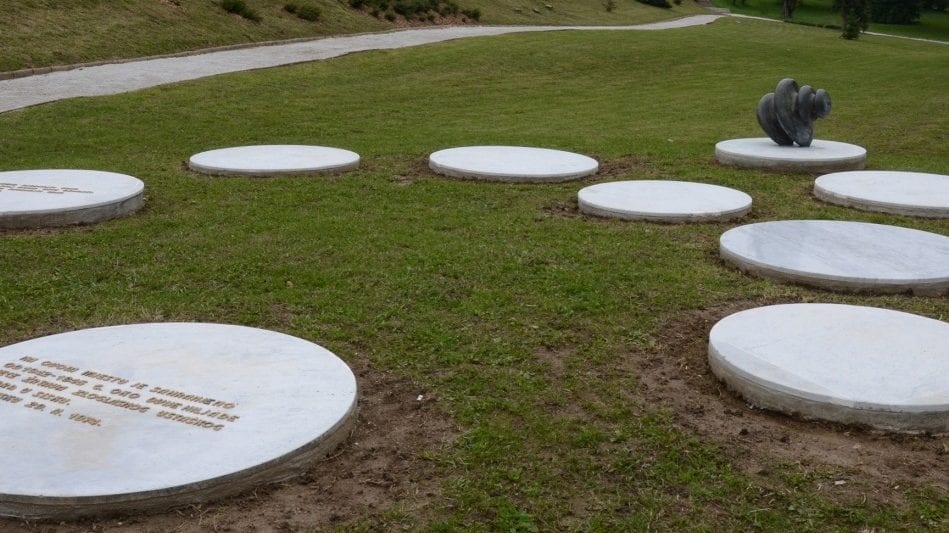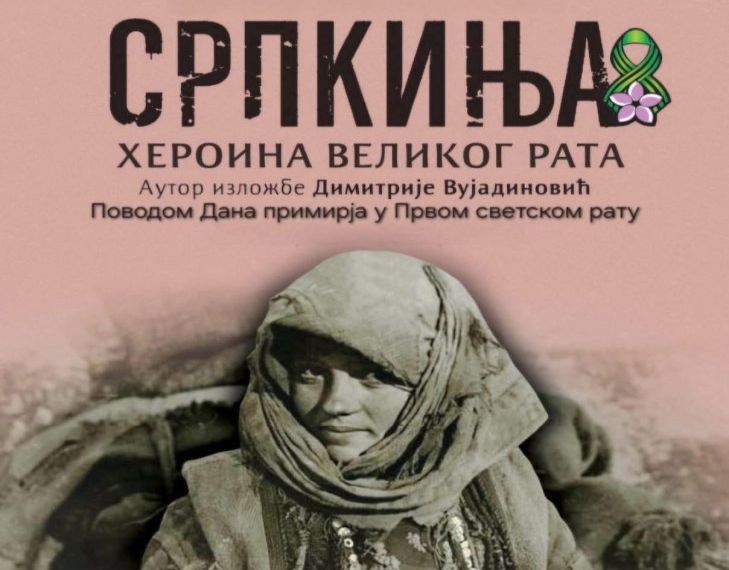Godišnjica prvog objavljivanja stihova hrvatske himne Antuna Mihanovića „Horvatska domovina“, danas poznatije pod nazivom „Lijepa naša domovino“, u domaćim medijima popraćena je brojnim prigodnim tekstovima. Mnogi informativni i kulturni portali tog 14. ožujka ili uoči tog datuma objavili su prigodne podsjetnike s podacima o izvornom i aktualnom nazivu ove pjesme, mjestu i vremenu njezina prvog objavljivanja, autoru njezina teksta, kao i autoru njezine kasnije komponirane glazbene podloge. Potonji je najčešće spomenut tek usput, uz formulaciju da je „Lijepu našu“ uglazbio „Vinkovčanin Josip Runjanin“ (primjerice ovdje, ovdje, ovdje, ovdje), međutim, njegovo ime navedeno je kao „Josip“, a ne „Josif“. Provjerili smo i kako je njegovo ime navedeno u udžbenicima povijesti za osnovne i srednje škole[1] i utvrdili da se i u njima navodi – Josip Runjanin.
We investigated whether this form of the name is accurate and historically grounded and consulted historical and expert sources.
Runjanin’s name was recorded at the time of his birth in 1821, on November 26 (according to the old calendar) or December 8 (according to the new calendar), at his baptism in the Serbian Orthodox Church of the Descent of the Holy Spirit in Vinkovci four days later. He was baptized by Vinkovci priest Adam Popović.[2] In the birth and baptismal registry, his name is listed as: Josif Runjanin. The same form of his name appears in the death record in Novi Sad, dated January 8 (according to the old calendar) or January 21 (according to the new calendar) in the year 1878[3]. It is precisely this form – Josif – that is engraved on his tombstone at the Orthodox Uspensko Cemetery in Novi Sad (as visible in the image available here, archived here).
These records, in addition to confirming his lifelong affiliation with the Orthodox Church, clearly show that his name in official documentation was (and remained) Josif, which was, at the time, the only form used among Serbian Orthodox Christians for the biblical name Yosef.
In various contexts of his professional life, both Runjanin’s name and surname appeared in different forms in mostly military records. For example, in the documents of the Military Frontier, which were obligatorily recorded in German, it is most often listed in an abbreviated form as “Runianin Jos.”[4] with the obligatory addition of his current military rank at the time. When mentioned in full, German documents consistently record his name in the characteristic form “Joseph”. [5]
As far as is known, the form “Josip Runjanin” was first used in 1846 in the Obći zagrebački kolendar[6], a publication that promoted the ideas of the Illyrian movement, especially those originating from the circle close to Ljudevit Gaj, of which Runjanin was a part.
These varying ways of recording the same name of the same person at the time can be explained by the specific historical circumstances in which the process of forming a unified system of recording characters and words in the languages of the South Slavic peoples, including Croatian and Serbian, had not yet fully developed standardized orthographic conventions. As a result, it was common for certain personal names to be cited in a “translated” form, adapted to the sound patterns more familiar to the local linguistic environment. However, over time, such practices (unlike many other Illyrian linguistic proposals) were abandoned. In the spirit of modern Croatian (and Serbian) language standards, insisting on the form Josip Runjanin instead of the original Josif Runjanin would be akin to insisting on Joseph Runianin, the most frequently found variant in contemporary German-language records. For comparison, even his surname was sometimes written in historically non-standard forms, such as Runяanin[7], a variant closer to the modern Russian conventions.
In conclusion, the claim that the composer of the Croatian national anthem was Josip Runjanin is not entirely accurate, as his name was recorded in original historical documents as Josif Runjanin. While both versions appear in the literature, it would be more precise to use the form documented in official registers and on his gravestone.Such an approach enhances not only historical accuracy but also a fuller understanding of his biography.
[1] Compare: History 7 (Zagreb: Alfa, 2020), Traces 3 (Zagreb: Školska knjiga, 2021)
[2] Facsimile of the “Register of Baptisms of the Church of the Holy Spirit in Vinkovci. Book 2, page 6, entry no. 31,” in: Ilija Vrsajkov, Josif Runjanin: Life and Work, p. 26. 26.
[3] Death register of the Holy Dormition Serbian Orthodox Church in Novi Sad from 1878. . Book 4, page 85, serial number 4
[4] Compare: “(3.) Carlstädter Mil. Gränz IR. Staff: Ogulin,” Militär-Schematismus des österreichischen Kaiserthumes, Vienna 1840, p. 239; 239. “(10.) Banat Mil. Gränz IR. Staff: Glina,” Militär-Schematismus des österreichischen Kaiserthumes, Vienna 1841, p. 253; 253. “(10.) Banal Mil. Gränz IR. Staff: Glina,” Militär-Schematismus des österreichischen Kaiserthumes, Vienna 1845, p. 260. 260.
[5] Compare: “(10.) Banal-Mil.-Gränz-IR. Staff: Glina … Staff Officers,” Militär-Schematismus des österreichischen Kaiserthumes, Vienna 1850, p. 310; 310. “(10.) Banal-Mil.-Gränz-IR. Staff: Glina … Staff Officers,” Militär-Schematismus des österreichischen Kaiserthumes, Vienna 1857, p. 365. 365.
[6] “10. Pàrvi banovci,” General Zagreb Calendar for the Year 1846, first edition, edited by Slavoljub Vèrbančić, published by Lav Župan, Printed by Franjo Suppan, Zagreb 1846.
[7] “In Topusko, on July 22, 1861,” Serbian Daily, Novi Sad 10 (69), p. 2.
Funded by the European Union – NextGenerationEU.
Views and opinions expressed are however those of the author(s) only and do not necessarily reflect those of the European Union or the European Commission, nor the positions of the Agency for Electronic Media. Neither the European Union nor the European Commission, nor the Agency for Electronic Media can be held responsible for them.
This post is also available in: Hrvatski









